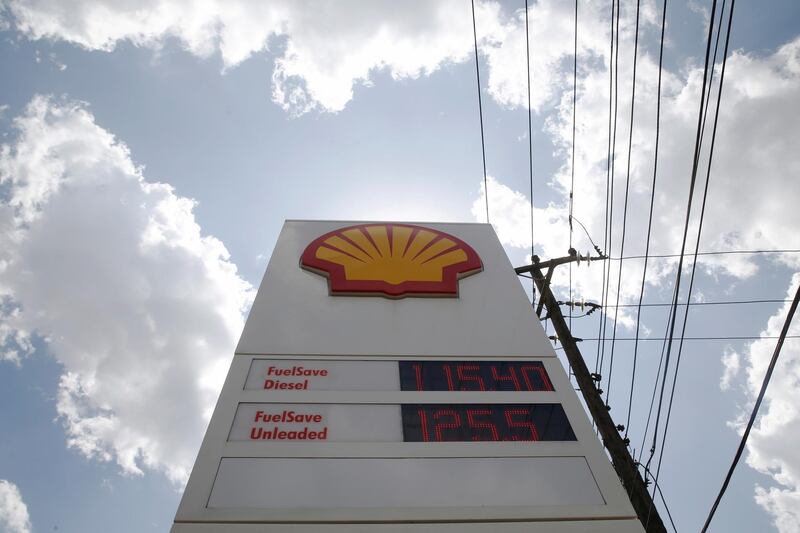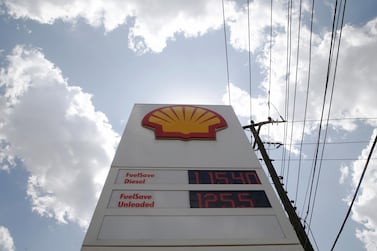The coronavirus pandemic, which battered demand for crude, may have changed the way international oil and gas companies do business. Big Oil is grappling with an existential dilemma, with industry giants such as BP and Shell writing off billions of dollars off the value of their oil and gas assets.
The crunch in demand from the global lockdown has arguably also hastened peak oil demand, which refers to consumption reaching an all-time high and eventually plateauing. We take a look at how Big Oil has repositioned itself to adjust to the new realities in the post-pandemic oil industry.
Asset write-downs
In June, BP wrote off $17.5 billion (Dh64.2bn) of its oil and gas assets amid low oil prices and weak demand for the commodity. The company also announced it was laying off 10,000 staff globally as its profits for the first quarter slid 67 per cent. BP’s
new chief executive Bernard Looney said the write-off in the value of assets was to help accelerate its “green transition”. The oil major plans to become net carbon neutral by 2050 by slashing greenhouse gas emissions from across its operations. Mr Looney also pledged to invest more in “low carbon businesses and less in oil and gas over time”. BP’s ambitious target for carbon neutrality was announced in February, just before mass lockdowns were enforced across much of the world and amid increased pressure on the fossil fuel industry in Europe. The pandemic, however has provided the impetus to re-evaluate traditional business. Shell followed BP’s footsteps in writing off $22bn worth of assets in the second quarter in anticipation of a prolonged low oil price environment.
Watershed moment
The pandemic sunk the West Texas Intermediate benchmark below zero in April as demand for crude plunged to levels not seen since 1995. Analysts suggest the peak in oil demand may have happened in 2019, with the pandemic likely to accelerate the shift away from fossil fuels for the foreseeable future. Greenhouse gas emissions during the lockdown fell significantly, with one study published in the journal Nature Climate Change suggesting that emissions declined 17 per cent by early April from the corresponding period last year. The pandemic-induced reduction in emissions is likely to be used as a baseline by policy makers to set green targets across various industries, especially now that pollution levels have picked up as movement restrictions have been eased.
Rise of EVs
Conventional car sales are forecast to drop 20 per cent in 2020 - twice the decline seen during the financial crisis - according to the International Energy Agency. India, a big driver for the industry, saw zero car sales in April as strict lockdown measures curtailed movement as well as spending. Electric vehicles, on the other hand, are likely to see an increase in demand. Global electric car sales are likely to exceed last year's total to reach more than 2.3 million, constituting more than 3 per cent of the car market, according to the IEA.
Global demand for raw materials used to manufacture electric car batteries has also seen a corresponding rise, according to the United Nations. Electric vehicle production is expected to reach 23 million units by 2030, up from 5.1 million in 2018.
The forecasts indicate a change in appetite for conventional vehicles and consumption of fossil fuel among the public. Big Oil firms will have change their strategy to keep up with an industry that looks materially changed for good.








